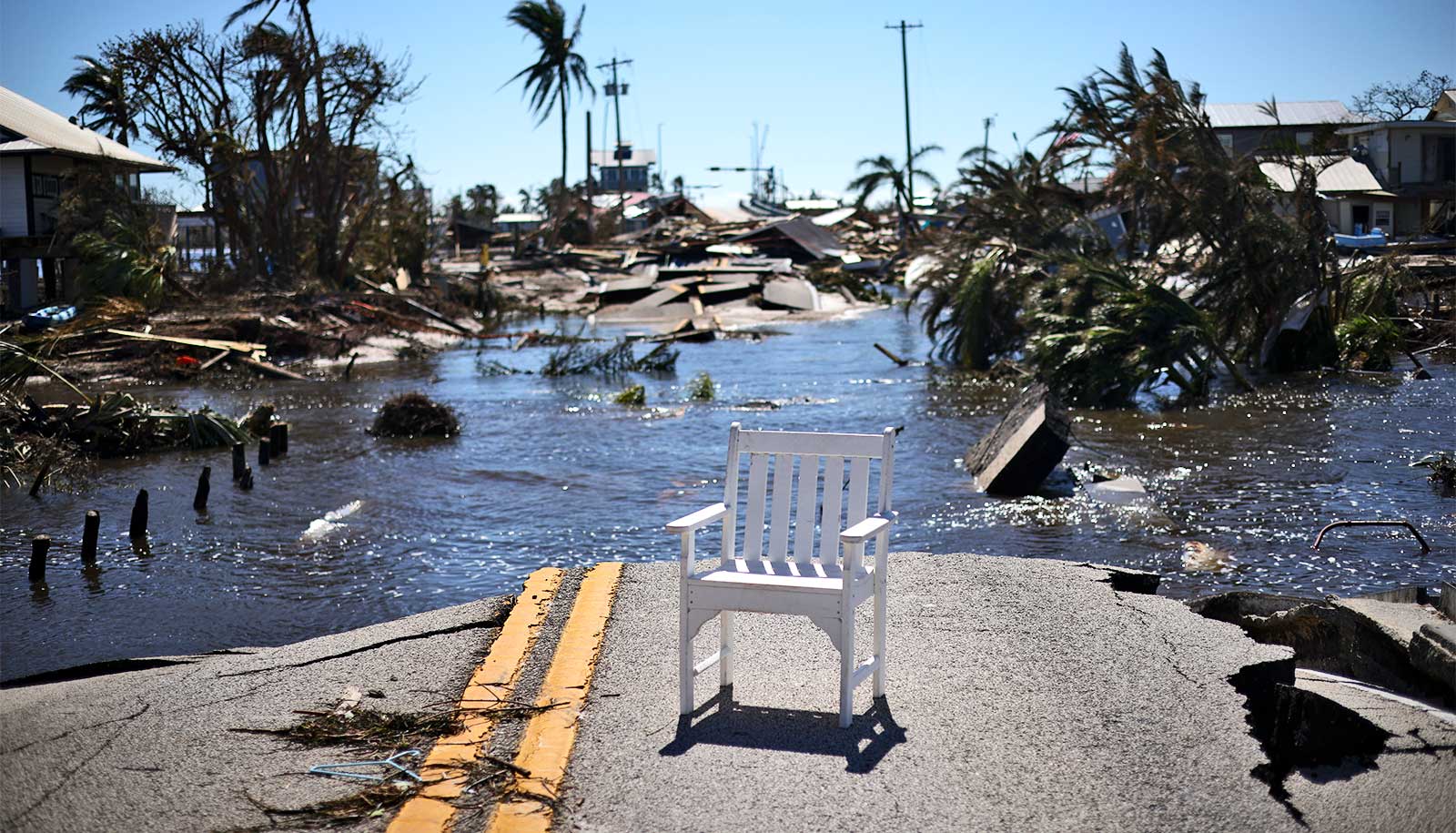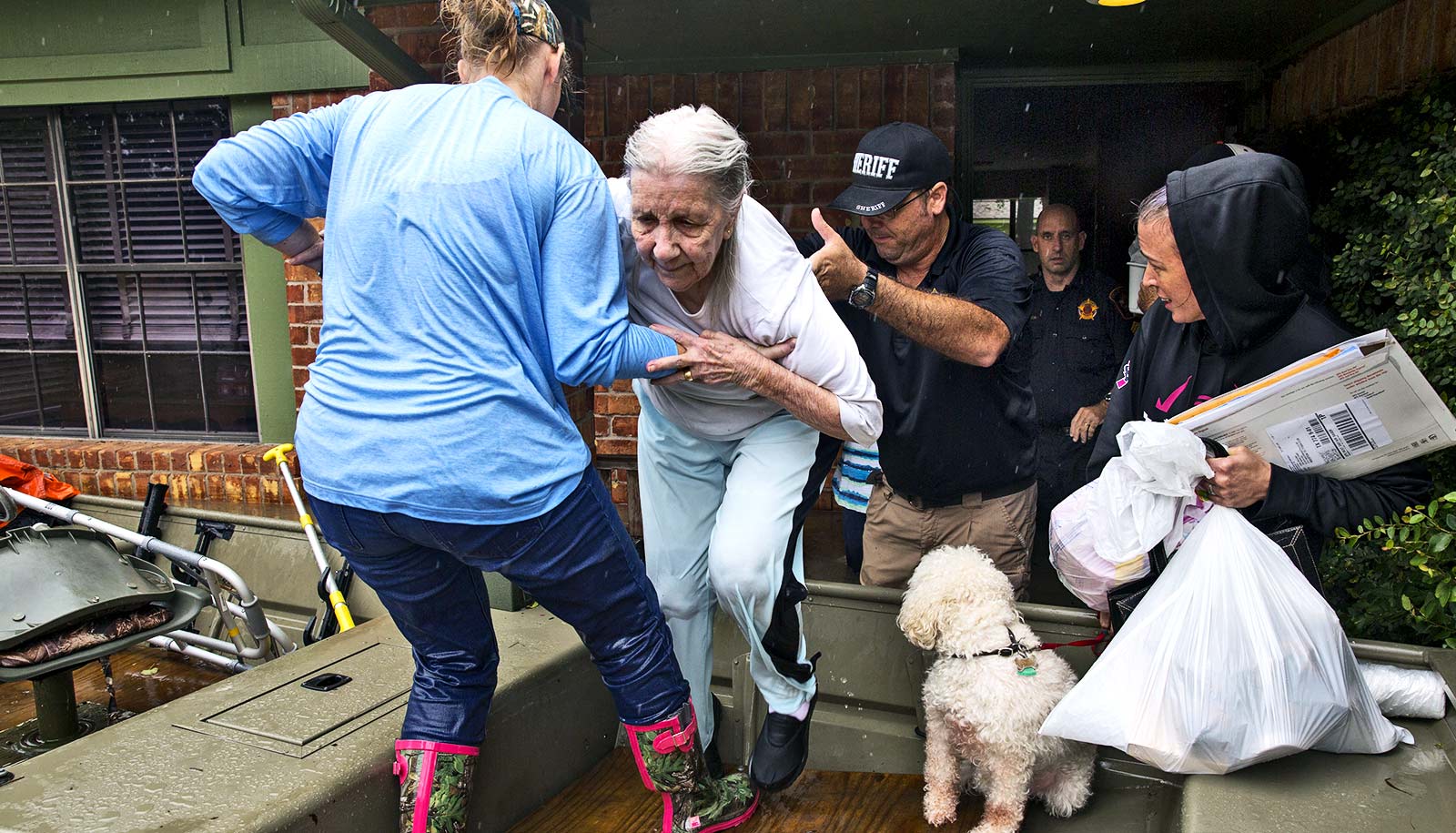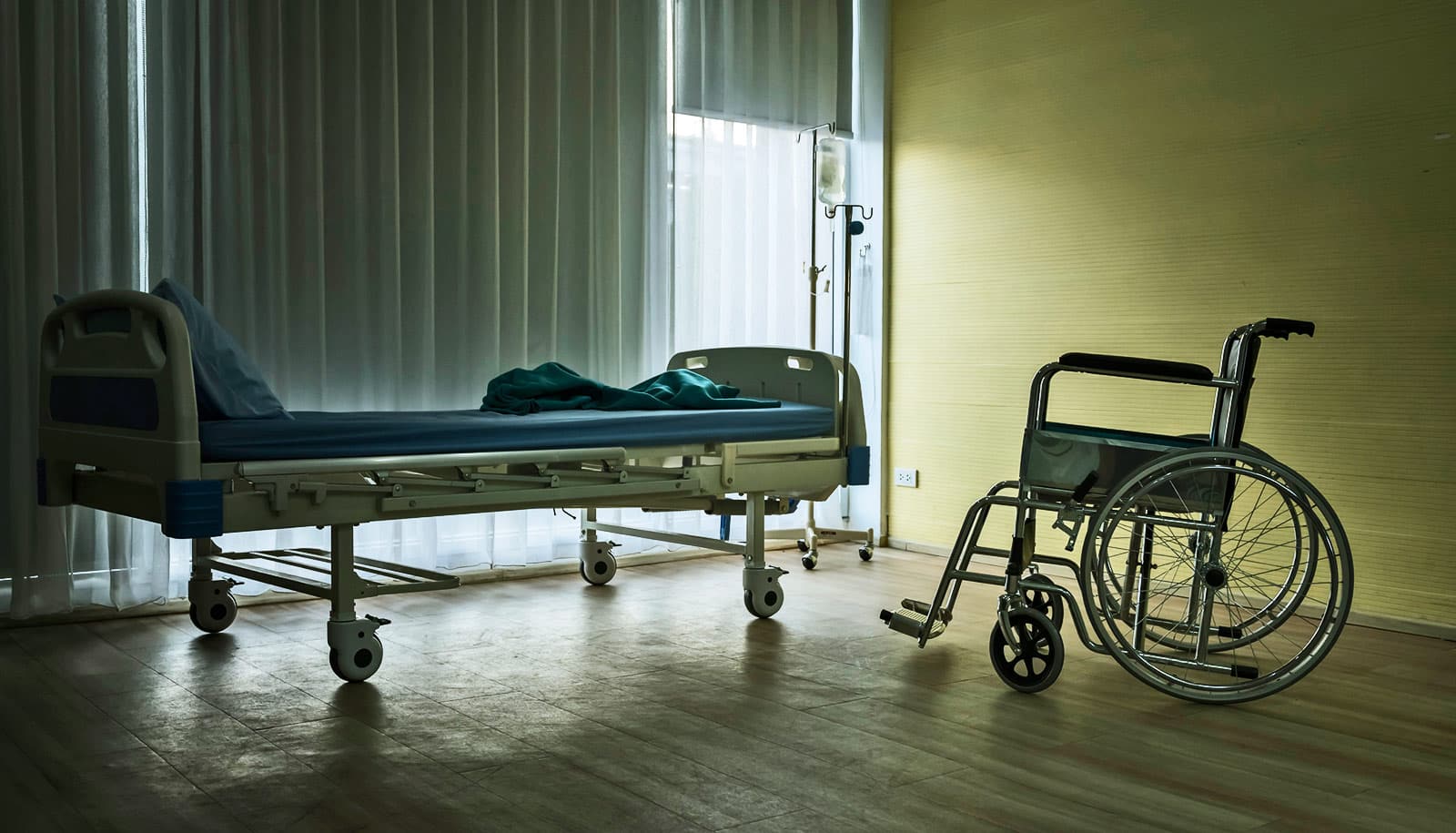The risk of death rises among older adults with Alzheimer’s or other dementia in the months following exposure to a hurricane, a new study shows.
Previous studies of hurricanes have shown general increases in mortality but little has been known about how mortality following hurricane exposure may differ among older adults living with dementia.
Their increased risk could be due to disruption of normal routine, such as access to care-giving, changes in living environment, loss in access to medications, and change in daily routines, says Sue Anne Bell, assistant professor at the University of Michigan School of Nursing and first author of the study in JAMA Network Open.
The analysis focused on risk for mortality among people with dementia, rather than actual increases in mortality. The findings don’t give a precise number of deaths due to hurricane effects.
Bell and colleagues examined counties in US states affected by Hurricanes Irma, Harvey, and Florence in the year before and after the storm. There were 54,340 deaths among the study population of 346,171.
Key findings include:
- Risk of mortality was highest in those aged 85 and older, with a 9% increase in risk of death compared to adults over 85 without dementia.
- Older adults who are enrolled in both Medicare and Medicaid had an 11% increased risk for mortality.
- Among people with dementia who moved a year after the storm, the risks for mortality remained whether they moved or not.
- The percentage of mortality attributed to exposure among people with dementia ranged from 10.9% for Harvey to 6.2% for Irma.
- Mortality peaked 3-6 months after hurricanes Irma and Harvey, suggesting the increase in mortality was due to factors other than the immediate harms of the storm, such as lack of health care access and changes in normal routines.
The Population Reference Bureau estimates that more than 7 million people aged 65 or older had dementia in 2020, Bell says. If current demographic and health trends continue, more than 9 million Americans could have dementia by 2030 and nearly 12 million by 2040. As climate change worsens, disasters will increase along with the numbers of people with dementia.
“The important message is that older adults with dementia have unique needs, most notably that during a disaster, they are almost entirely dependent on caregivers due to their lack of awareness of the crisis,” Bell says.
“I think if anything, there is new attention to the needs of older adults during a disaster, and this study is one of an emerging body of evidence that is working to better support the needs of older adults before, during, and after disasters.”
“There is so much more that needs to be studied here that could help inform us about being ready for disasters,” Bell says. “Studying how caregivers have prepared, whether people evacuated, what type of response capabilities their community had—would potentially influence the impact of the disaster on this group of older adults.”
Bell hopes these findings raise awareness about the special needs of people living with dementia during disasters and call for an integrated approach to preparedness and response that includes local, state, and federal responders, health care regulators, and policy makers.
Source: University of Michigan



